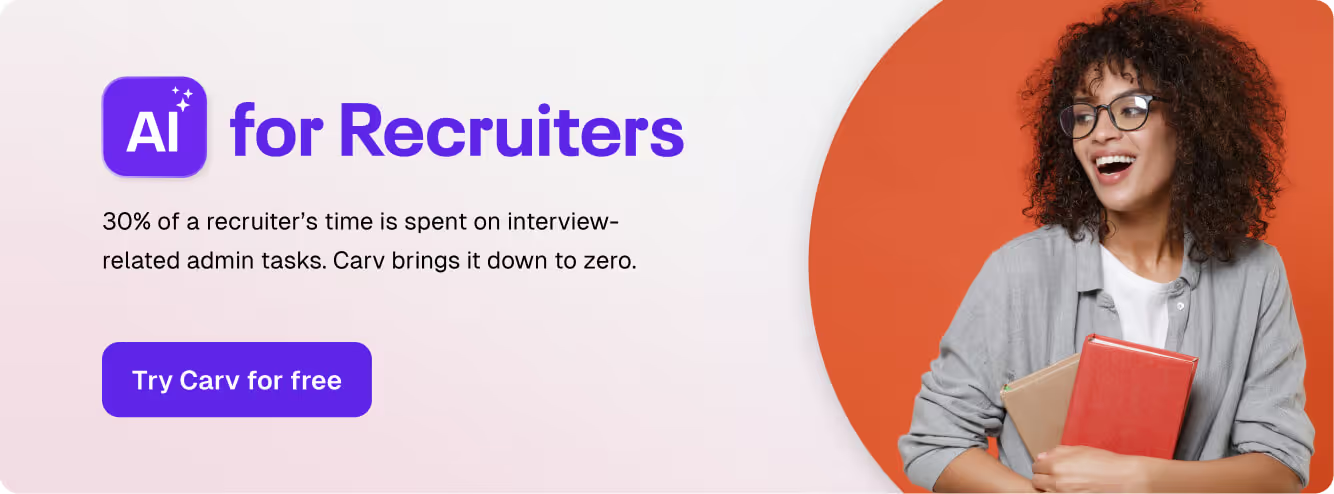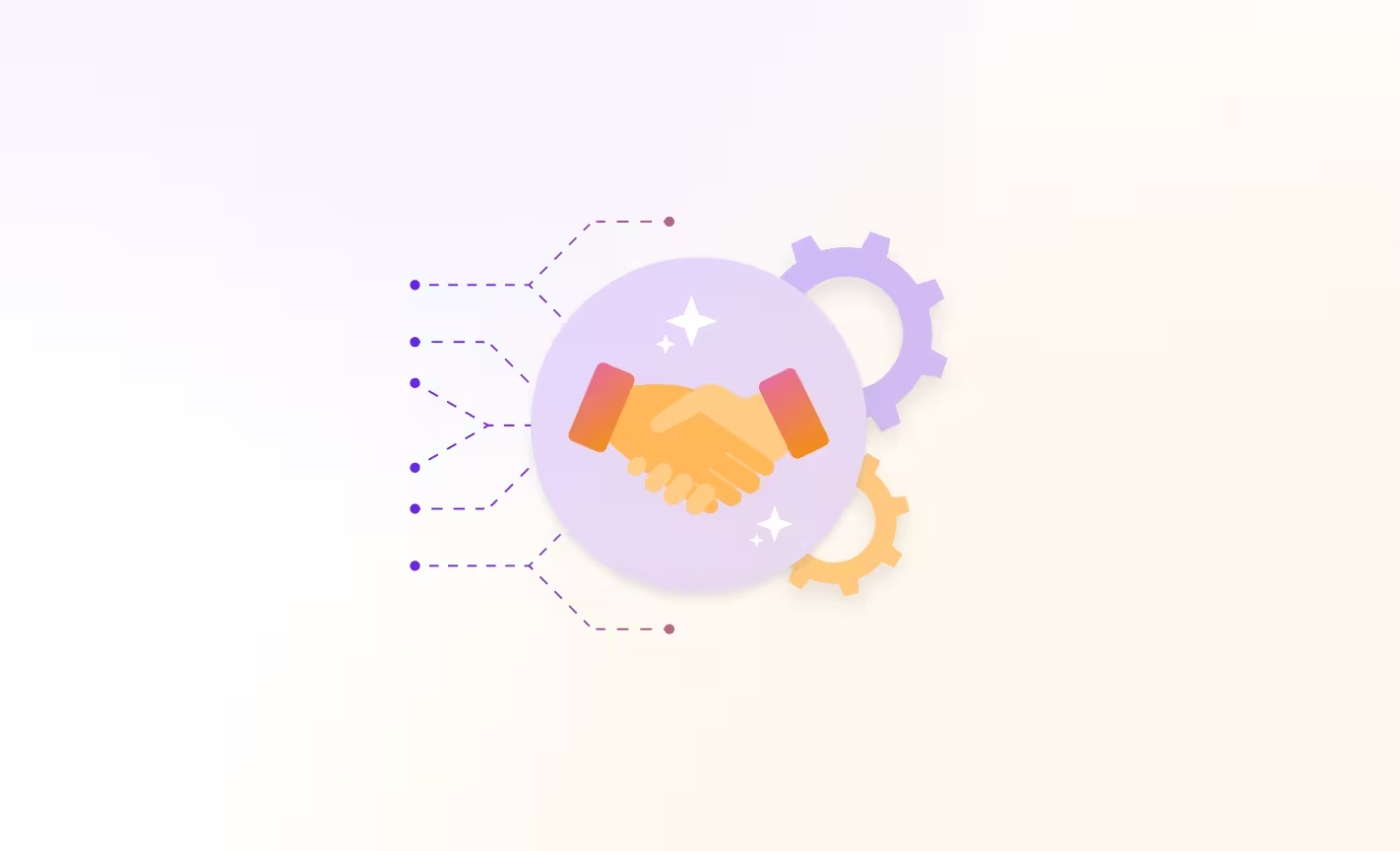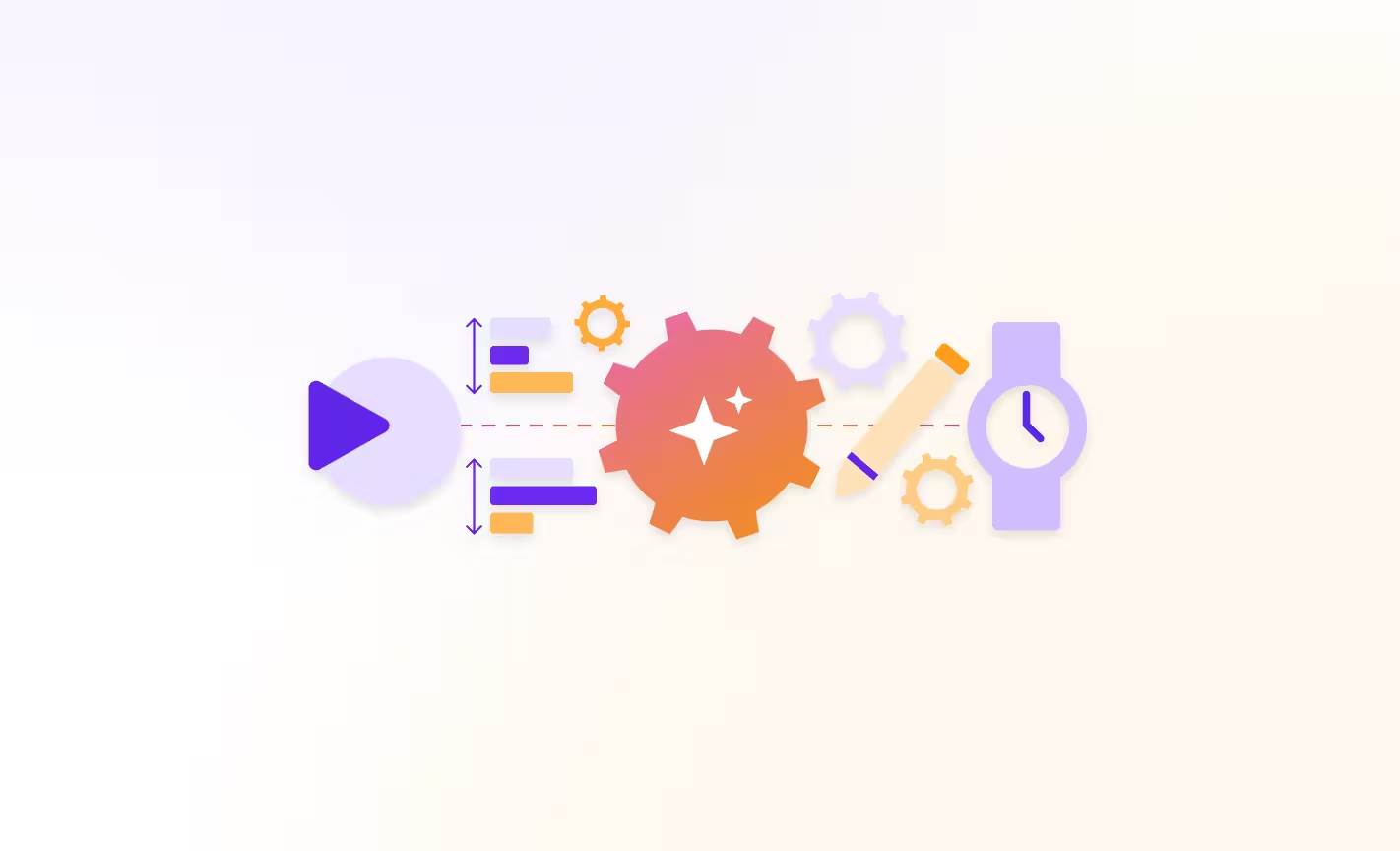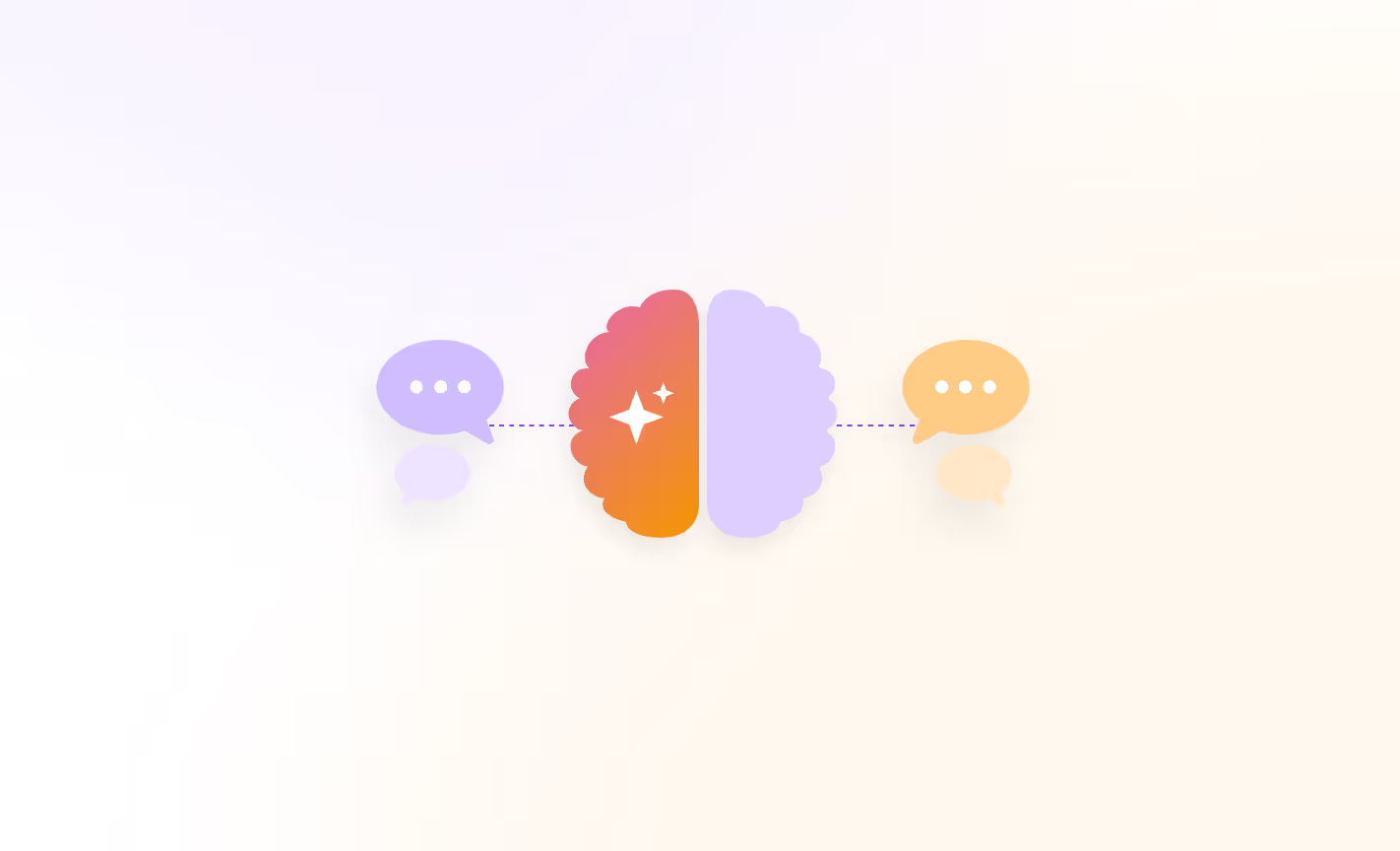A lot hangs on effective candidate interviewing nowadays. Current recruitment industry benchmarks suggest that application-to-interview ratios are as low as 2%.
And then what if you take your small pool of candidates to interview, only for half to drop out out of the hiring process because they didn’t have a good interview experience?
Or what if, worse still, you hire the wrong candidate because your recruiters haven’t asked the right interview questions, and the candidate doesn’t even make it through their probation period?
This is why every hiring team needs to be armed with recruiters who boast excellent interview skills. Successful interviews have a huge impact on hiring metrics; better quality hires, lower turnover rates, and even reduced time-to-hire.
But despite how important this all is, training our recruiters to be better interviewers isn’t always high on the agenda. Interview training takes up a lot of time and resources (and costs) that a lot of businesses just can’t spare.
This is where AI is proving seriously invaluable right now.
With the right AI technology and the right processes in place, you can leverage artificial intelligence to create a personalized and engaging training program that will turn every one of your recruiters into an interview pro.
In this guide, we’ll cover some of the different ways AI can be used for interviewer training and how to lay the groundwork today for an AI-powered interview training program that will upskill your recruiters and have a huge positive impact on your recruitment metrics.
How to use AI for interviewer training
There are a few different ways that businesses can use AI to create interview training programs that will target the right focus areas to produce the best possible results.
Identify your recruiters’ training needs
To put together an interview skills training that will have a genuine impact on your hiring metrics, you first need to understand what training your recruiters actually need.
Using AI, you can easily analyze large volumes of job interview data to identify key areas of weakness that your recruiters need help improving with.
AI technology can analyze all different types of past interview data, such as:
Interview transcripts
Using interview transcription software like Carv, you can review past interviews - both virtual and in-person - and ask the AI workmate probing questions that will reveal a lot about how these interviews have gone.
For example, did the recruiter ask any questions that were unclear? Did they ask enough probing, open-ended interview questions, or were they using closed questions that limited the candidate’s answers?
Carv’s AI workmate can even make evaluations about the body language, tone, and feeling of the interview.
For example, you might ask what the general attitude or feeling of the candidate, recruiter, or hiring manager was (positive, negative, withdrawn, enthusiastic) and the AI workmate will provide an answer along with examples of why it came to that conclusion.
Candidate feedback
If there’s one type of interview data that will tell you a lot about the quality of your interviews, it’s candidate feedback. AI tools can be used to assess large amounts of feedback data, pull out any trends that suggest specific areas that your recruiters could improve on.
For example, you can ask the Carv workmate to assess the interviews with your best candidates and analyze their feedback, and then do the same exercise with the candidates who didn’t make it further in the recruitment process.
This can help your talent acquisition team adapt their techniques for more effective interviewing.
Candidate interview scores
By assessing the scores that recruiters give candidates against other criteria on a candidate profile, AI can reveal if there are any biases at play.
For example, are some recruiters giving particular candidates lower scores when their interview performance is just as good as other candidates who have scored higher?
Analyzing this sort of data can reveal interview blind spots that no one is aware of, and help your recruiters become more aware of any unconscious biases.
Used in this way, AI can be a really powerful tool for identifying specific weaknesses in the interview process, so you know exactly what your training program needs to focus on to bring your team’s interviews up to the next level.
Personalize your interview learning modules
There are universally good and bad ways of doing interviews, but every business will have their own approach to interviews that’s unique to them too.
AI can be really effective at helping you tailor your learning modules to your company, so you provide your hiring team with training content that’s in line with company policies and best practices.
For example, you can ask Carv’s AI workmate to find some examples of sensitive interview questions like salary expectations or discussions about flexible work options to see how the interviewer handled the discussion and if it was in line with company policy.
You can then ask the AI to pull out moments from past interviews where a member of your hiring team handled these sorts of discussions perfectly, so you can use them as examples in your interview training modules.
With this sort of insight at your fingertips, you can create all sorts of tailored learning modules on specific skills like behavioral interviewing techniques or unconscious bias awareness.
Alternatively, you can use these for role-playing, if you’re putting together courses not just for your recruiters, but also interview training for hiring managers.
Using highlights from past interviews will allow you to show best practices within the context of your business, rather than relying on a more general interpretation that might not specifically align with your processes and practices.
Create interactive training experiences
Live candidate interviews are a very human experience. This means that being a good interviewer isn’t just about the type of interview questions you ask, but also how you ask them, and how you interact generally with the candidate.
If you’ve ever been interviewed by a recruiter who barely made eye contact with you because they were too busy covering all their prepared questions, you’ll know exactly what I mean!
But your recruiters aren’t going to learn to have a better interview manner just by reading your learning modules; this is something that comes with practice.
AI-powered interview simulations or mock interviews are a great way to give your recruiters that much-needed interview practice with virtual candidates in realistic scenarios.
Using tools like Carv, you can record these simulated interviews and ask the AI workmate to provide feedback on things like interview style, questioning techniques, and the overall candidate experience – without the risks involved in practicing with a real candidate.
Play with different interview formats: unstructured interviews, interview panels, structured interviews, and simulate discussions with both top talent and less suitable candidates. These will help your recruiters improve their skill set, from communication skills to TA-specific competencies, for better decision-making.
Preparing for your AI-powered training program: What to do now
Building the right interview training program for your recruiters takes time, and will look different for every hiring team depending on the types of roles you recruit for and the kinds of interviews you’re planning.
But before you can start building out your unique training program, there are a few steps of preparation you can take now so that will lay the groundwork you need to build a training program that has a big impact.
Step 1: Choose your AI technology
Choosing and implementing the right AI recruitment technology is a small step that will instantly start having an impact on how your hiring team operates.
By implementing an AI interview tool like Carv, you can start recording all candidate interviews and building a database of recordings, transcriptions and candidate profiles that will prove invaluable when the time comes to start analyzing your data to identify areas your recruiters need to improve.
And in the meantime, recording and transcribing these interviews will instantly improve interviews as it gives your recruiters breathing space to focus on engaging with the candidate instead of worrying about taking notes throughout the interview.
Building up a database of interview recordings, summaries and profiles means your hiring team will have access to the same source of truth.
There, they can review past interviews and documents, and learn from what’s worked well in previous interviews where the best-fit candidates were hired.
Step 2: Integrate it with your existing systems
Introducing new technology to your hiring team can be an instant game-changer. But to get the most out of new software without slowing your team down, it’s important that the technology integrates with the tools you already use and the data you already hold.
It’s likely you already have candidate data and documentation in your existing Learning Management System (LMS).
Most AI-powered solutions can be easily integrated with your LMS so you can start using that existing data in training modules as well as automatically feed any new candidate interview data into the system from day one.
Note: If using a recruitment platform like Carv, you don’t necessarily need an LMS, as your team has access to all recordings - be they candidate interviews or internal meetings - in the shared workspace.
Step 3: Start tracking and analyzing progress
Once you have your AI technology integrated with your existing systems, and your unique interview training program is in place, you can begin using it to track interviewer progress and measure the effectiveness of the training program.
The most important recruitment metrics to focus on would be things like interview completion rates, improvement in interview scores, and candidate feedback on interviewer performance.
These are the sorts of metrics that will tell you if your interviewer training program is doing its job, or if you need to change your strategy in some way to build a world-class TA team.
Important considerations for your interviewer training program
When you’re developing your interviewer training program, here are some important considerations to keep in mind.
Remember human expertise still matters - a lot
AI should complement your existing interviewer training, not replace it entirely.
Human trainers are invaluable as they can facilitate group discussions, provide coaching, and address complex scenarios that might require nuanced understanding.
It’s also important that you use human expertise to review progress and optimize your training program to continuously get the best out of your recruiters.
Encourage a continuous learning environment where human trainers refine AI suggestions based on real-world experiences and outcomes. This approach helps to ensure that the training remains relevant and effective, and capitalizes on that invaluable recruiter-AI synergy.
Don’t forget about data privacy and security
When you’re using AI tools for interviewer training, data security and privacy are naturally really important considerations.
You need to explain clearly in writing (to both your hiring team and the candidates you interview) how confidential information like candidate data and recordings will be handled and protected.
If you’re using personal data from mock or real interviews in your training programs, it's essential to address privacy and ethical concerns.
For example, ensure that the AI technology you use complies with data protection laws (like GDPR or HIPAA, depending on your location) and that the data used for training is anonymized where necessary.
It's also important to maintain transparency with your recruiters about how their data is being used and to secure consent from them where required.
AI is the future of interview training
There’s no doubt that the future of training programs for businesses will be heavily reliant on AI.
We’re already at a stage that AI can be used to build an interviewer training program that your business can use long-term and be optimized to reflect changes to the company or your evolving goals.
Yes, interviews are inherently human activities, but AI can clearly be used to create a more efficient, personalized, and data-driven approach to interviewer development.
By using AI to assist with training, you’ll be supporting your recruiters to become the best interviewers they can be.
See how Carv can support you with recruiter interview training today.

.avif)

%20(1).avif)




